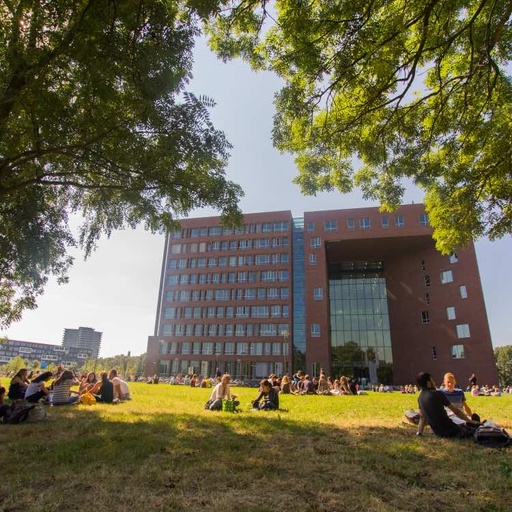All Water Sciences/Studies
This may sound nuts, but hear me out: water scientists are literally helping to save the world. Since 70% of the earth’s surface is covered with water, you’d think there’d be a lot of it. Unfortunately, only 2.5% of that water is fresh, and only 1.2% of that is accessible for human use…usually, not where it is actually needed. Several historians and political analysts have warned of the possibility of “water wars” within our lifetime.The current global water crisis is most definitely an existential threat to society as we know it. A bachelor’s degree in water science or studies is all about using water supplies sustainably, improving the quality of potable water, and conserving ecosystems dependent on water.In order to do this, students start out with basic sciences like physics, chemistry, mathematics, and biology. In later semesters, specialized subjects are introduced, including waterborne pathogens, watershed management, environmental law and policy, aquatic ecology, water resource sustainability, and environmental chemistry.Like with all environmental sciences, fieldwork is an important part of the training. At one point or another, you are going to get your feet wet. As even the best research is practically useless if it’s not publicized, some ability with technical writing and public speaking will stand you in good stead. Finally, prospective water studies students tend to have a strong interest both in conservation and the social impacts of ecological degradation. This can be an important motivator in a job that is rarely very exciting.




